|
|
|
|
What does it mean to lose a tree?
This week, millions of people around the world found out, after someone cut down the Sycamore Gap tree, one of the most famous trees in the United Kingdom. It felt surprisingly bad.
Why would we mourn one tree out of the billions in the world? For Rebecca Banham, a Tasmanian sociologist, the answer is clear. We mourn iconic trees because it feels as if they have always been there – a stable presence. Famous trees contribute to our sense of “ontological security” – our trust that our world is stable and predictable. When they die – or worse, are felled – it feels a little like a missing tooth in your mouth. You can feel its absence.
Many Australians still remember the outrage at hearing of the death of El Grande, a giant mountain ash accidentally burned by foresters in Tasmania. Others might remember the unsolved poisoning of Queensland’s Tree of Knowledge, under whose limbs shearers organised for better conditions.
In her research, Banham interviewed Tasmanians who draw meaning from the state’s famous forests. As one of her interviewees, Leon, told her: “These places should be left alone, because in 10,000 years they could still be there. Obviously I won’t be, we won’t be, but perhaps [the forest will be].”
So yes, it’s okay to grieve the loss of a solitary sycamore on the other side of the world. And it’s okay to talk about this kind of grief.
|

|
Doug Hendrie
Deputy Environment + Energy Editor
|
|
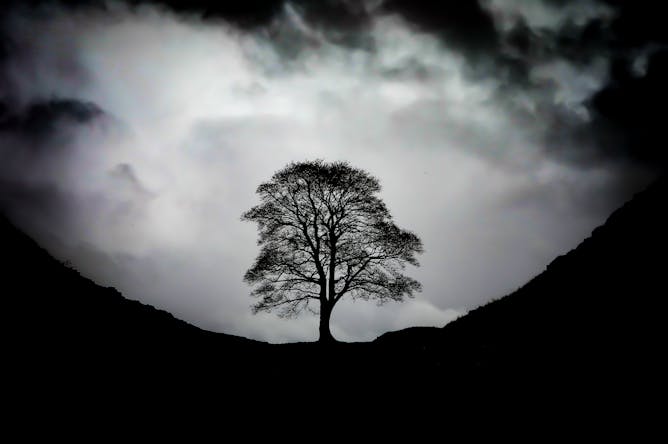
Rebecca Banham, University of Tasmania
One night, someone cut down a tree. It wasn’t just any tree. The loss of the Sycamore Gap tree sent a nation into grief. But why?
|
Weekend long reads
|
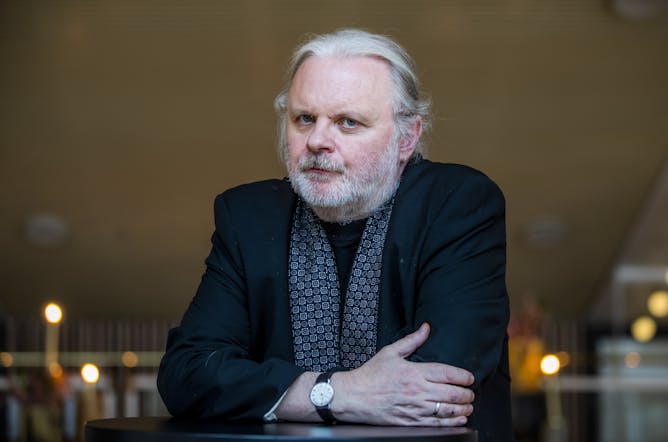
Alexander Howard, University of Sydney
For Jon Fosse, the fourth Norwegian to win the 2023 Nobel Prize in Literature, writing has been a way of surviving.
|
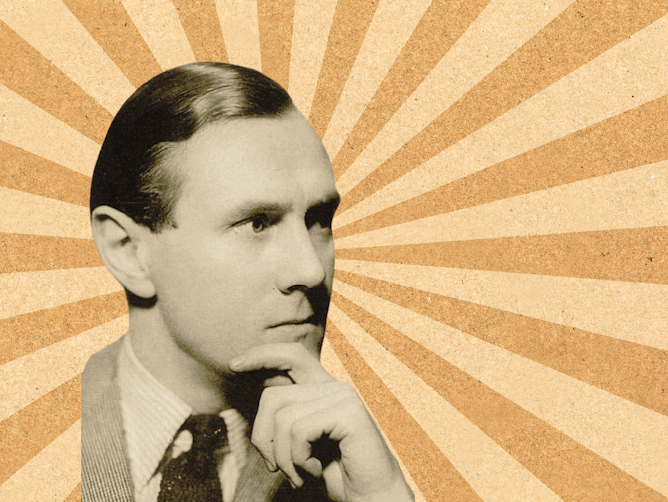
Reuben Mackey, Monash University
The aura of a major literary prize will inevitably fade. What we are left with is the work itself.
|

Briohny Doyle, University of Sydney
Briohny Doyle picked up Lessons in Chemistry not for its sassy-romance cover – which this subversive international bestseller does not deliver – but because she heard it featured a ‘good dog’.
|
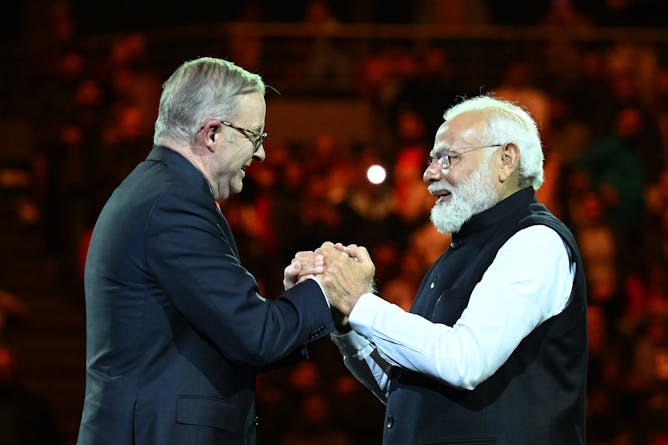
Amitabh Mattoo, The University of Melbourne
Today there are few countries in the Indo-Pacific which share so much in common, in both values and interests, than India and Australia. Andrew Charlton’s new book examines the possibilities.
|
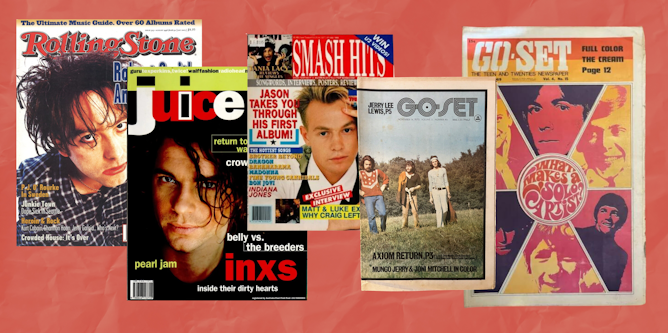
David Nichols, The University of Melbourne
David Nichols was a music journalist for more than a decade, starting in 1980. Samuel J. Fell’s new history of Australian rock writing takes him down memory lane.
|

Edwina Preston, The University of Melbourne
The Modern, a debut novel centred on an Australian researcher at New York’s MoMA, muses on modern art and relationships – riffing off MoMA artists like Grace Hartigan and Nan Goldin.
|
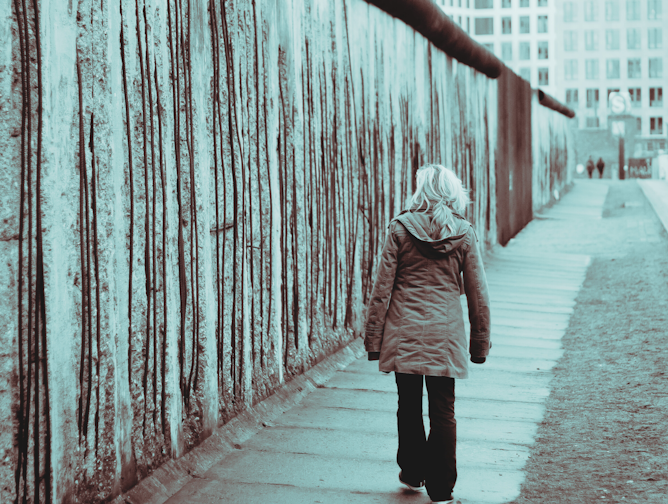
Isabelle Hesse, University of Sydney
In Kairos, a relationship between a young woman and an older married man captures the difficulties and ambivalences of German reunification.
|
Our new climate series, Getting to Zero
|
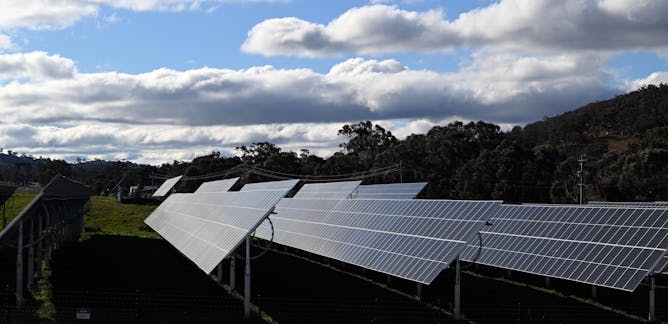
James Button, The Conversation
Getting to Zero, a new series in The Conversation starting today, examines how – and whether – Australia can meet its net zero emissions target by 2050.
| |
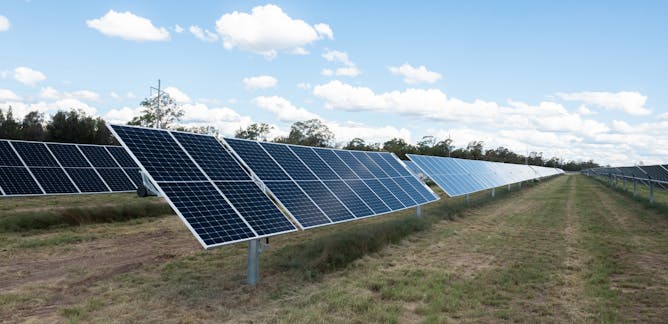
Anna Skarbek, Climateworks Centre
The widespread pessimism about our ability to solve climate change is misplaced. Australia is putting in place the fundamentals of a net zero future. Now we need to go faster.
|
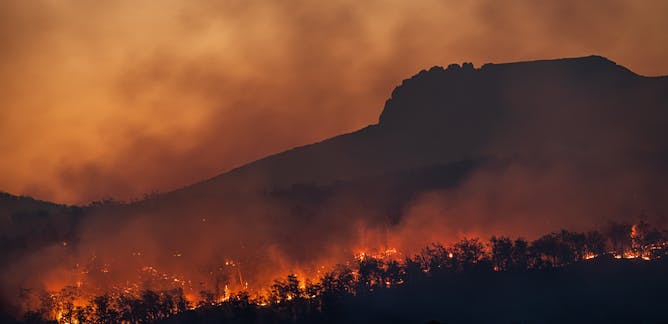
Judith Brett, La Trobe University
The rising climate crisis presents an existential threat to humanity yet our government and political system are on a go-slow response. Is this issue too hard for humans to solve?
| |
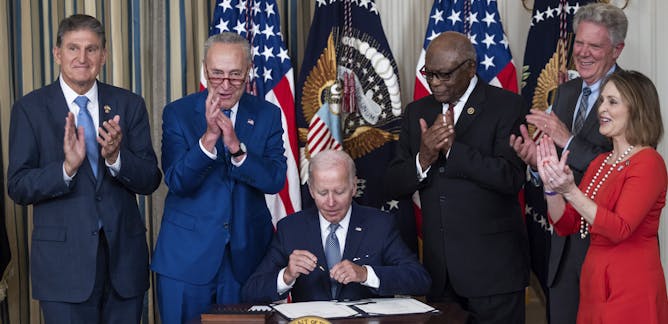
Alan Finkel, The University of Queensland
The Biden Administration’s signature climate legislation is unleashing a wave of clean energy investment, along with some opportunities and risks for countries like Australia.
|
|
|
Our most-read article this week
|

Alan Pears, RMIT University; Nicola Willand, RMIT University; Sara Vahaji, RMIT University; Trivess Moore, RMIT University
People who switch from gas to reverse-cycle air conditioning to heat their homes still want to feel comfortable. Some don’t. Home electrification programs must tackle the causes of the problem.
|
In case you missed this week's big stories
|
-
Paul Strangio, Monash University
If the referendum is lost of October 14, the prime minister will have to quickly pivot to the role of healer-in-chief.
-
Axel Bruns, Queensland University of Technology; Samantha Vilkins, Queensland University of Technology; Tariq Choucair, Queensland University of Technology
Exclusive polling shows that those who see Australia as a divided nation are far more likely to vote “no” than those who see it as united.
-
Graham Dwyer, Swinburne University of Technology
Many people are asking if Australian authorities are ready for the fire season. The real question to ask is – are we ready as individuals?
-
Catherine Smith, The University of Melbourne; Helen Dickinson, UNSW Sydney
Education segregation could continue for Australia’s young people for at least another generation – and possibly longer – in light of the disability royal commission recommendations.
-
Ann Kayis-Kumar, UNSW Sydney
The Low and Middle Income Tax Offset was a flawed idea that gave us a tax cut only after we had filled in our tax forms. Now that it’s gone our tax bills are up to $1,5000 higher.
-
Anna Boucher, University of Sydney
The Nixon review has made 30 recommendations to improve Australia’s visa system. The government has pledged to act to improve compliance resources, in particular.
-
Daniel Ghezelbash, UNSW Sydney; Jane McAdam, UNSW Sydney
Eleven years is far too long for a final decision on asylum claims. The government’s vision is for a new system that will be both faster and fairer.
-
Peter Martin, Crawford School of Public Policy, Australian National University
Petrol prices have pushed inflation up. At its next meeting, the Reserve Bank board is going to have to decide if that warrants an increase in interest rates.
-
Linda Mussell, University of Canterbury; Jessica Niurangi Maclean, University of Canterbury
A shift towards more punitive responses to youth crime by the next government could reverse the progress New Zealand has made in reducing offending and addressing its root causes.
-
Brendan Coates, Grattan Institute; Trent Wiltshire, Grattan Institute; Tyler Reysenbach, Grattan Institute
The number of unemployed international graduates in Australia is set to rise if the temporary graduate visa program isn’t overhauled.
-
Lester Munson, University of Sydney
Foreign capitals no doubt see this turmoil and question the long-term reliability of Washington.
-
Michelle Grattan, University of Canberra
As of late this week, Leeser had done about 90 webinars, public meetings and speeches advocating for the Voice
|
|
| |
|
|
|
NIDA
Kensington NSW, Australia
•
Full Time
|

|
|
|
|
| |
| |

|
| |
| |
| |
Featured Events, Courses & Podcasts
|
View all
|
|
1 January 2023 - 7 October 2026
•
|

|
6 July - 6 October 2023
•
|

|
18 October 2023
•
Parkville
|
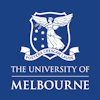
|
31 October 2023
•
Caulfield
|

|
|
|
|
| |
| |
| |
| |
| |
|
|
|
|
|
|
|